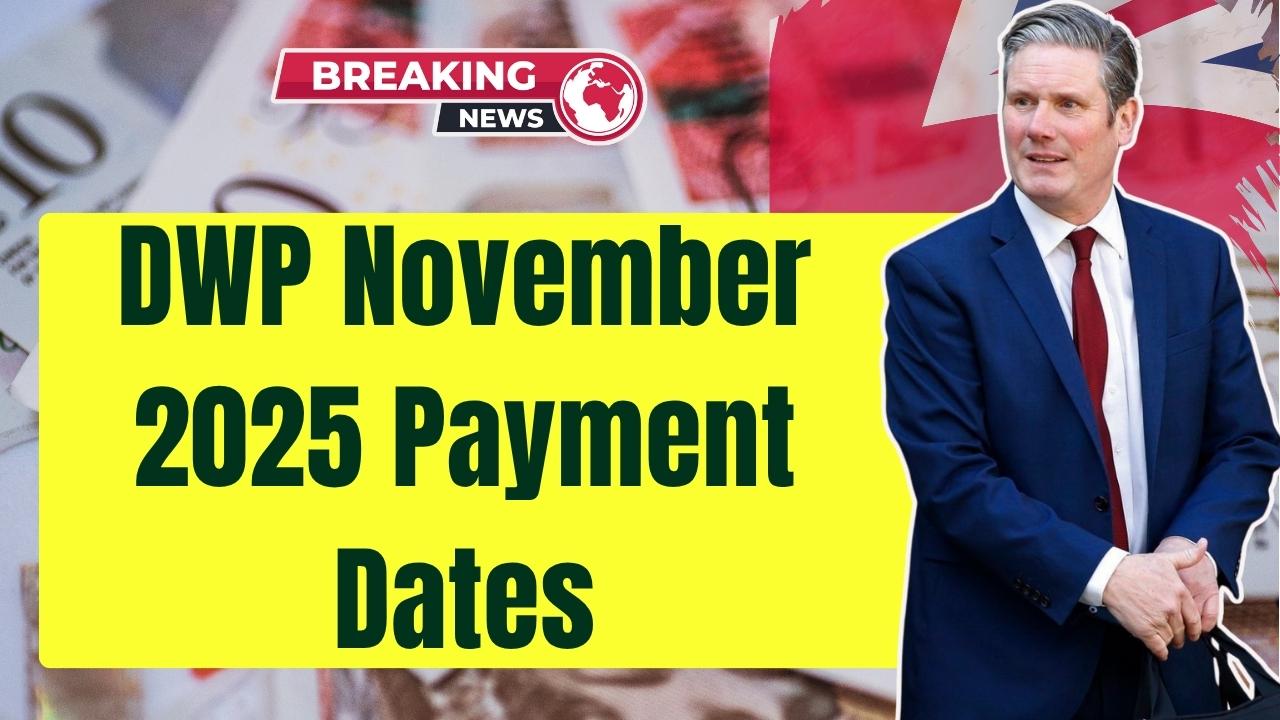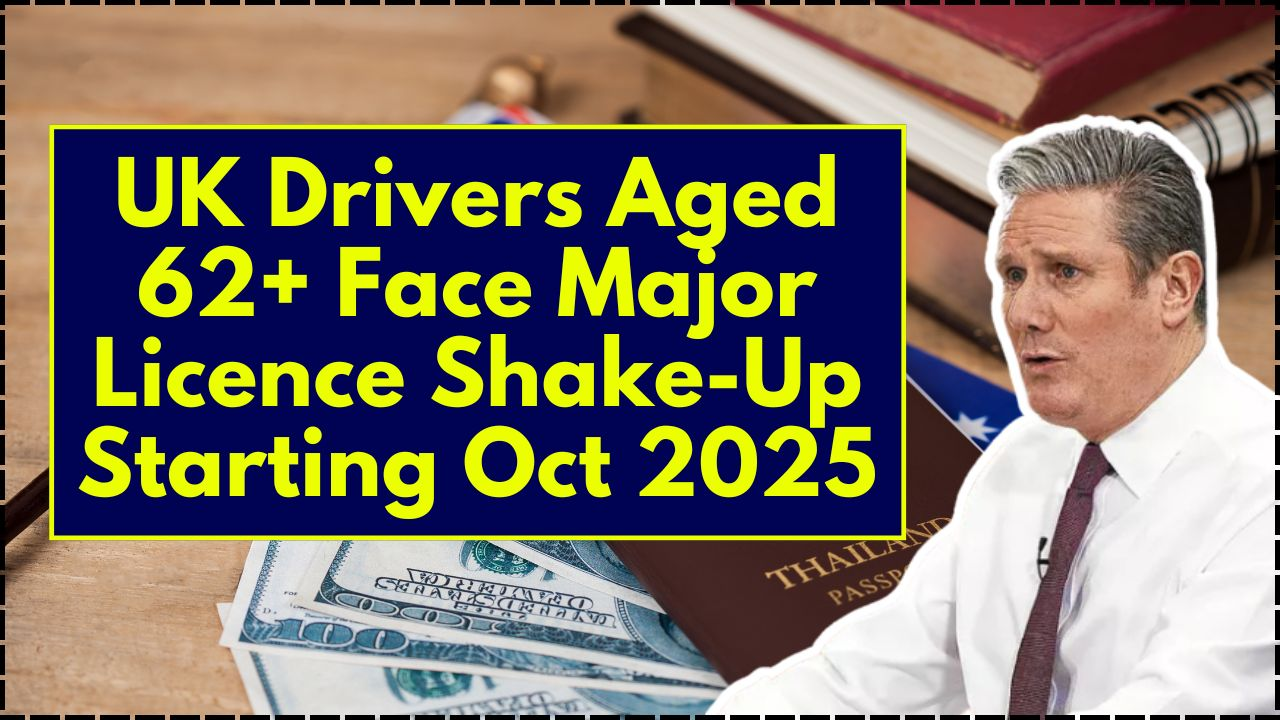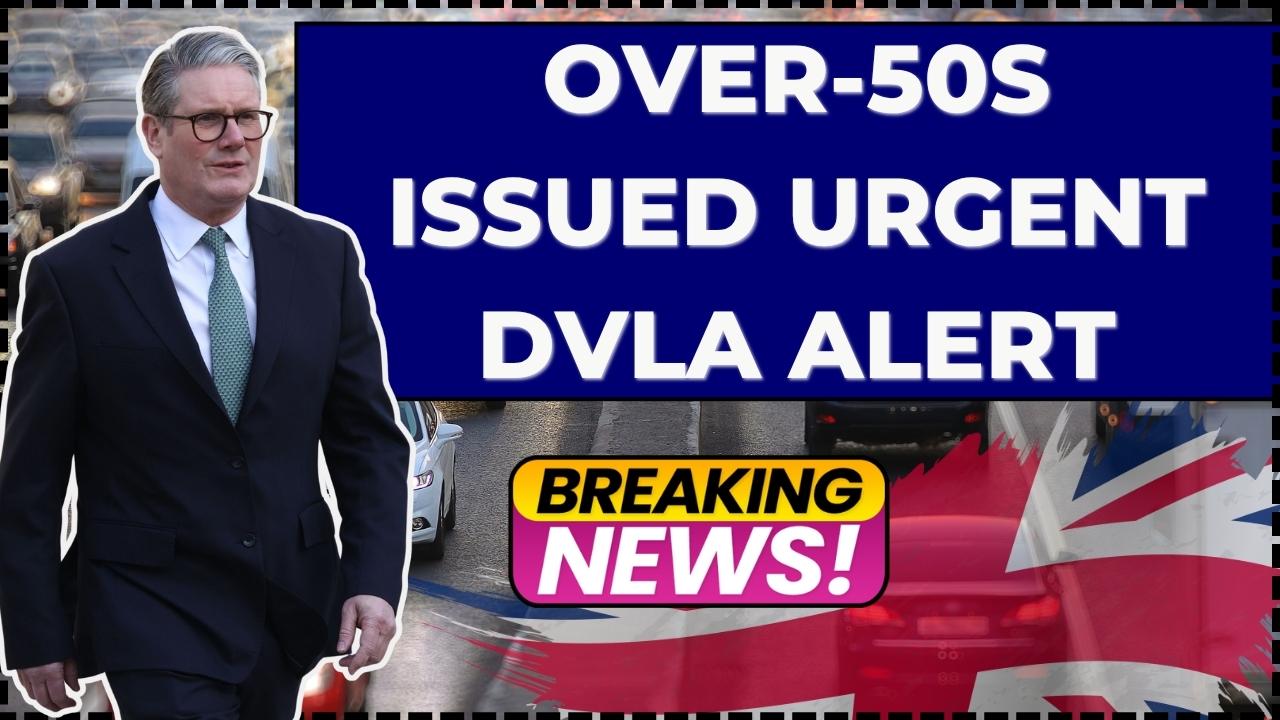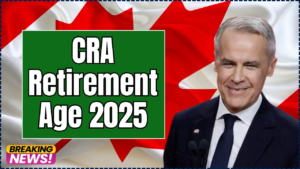Free Lifetime TV Licence: sounds like something straight out of a good-news headline, doesn’t it? Well, before you start celebrating, it’s time to separate the facts from the myths. Many websites claim that UK seniors aged 60 or older can get a free lifetime TV licence, but that’s not exactly how things work — at least not right now. I’ve worked with hundreds of clients and older family members navigating these exact rules. And let me tell you — it can get confusing. So let’s unpack the truth, explain who really qualifies, and help you figure out what to do next.
Table of Contents
Free Lifetime TV Licence
Let’s be real — the “free lifetime TV licence for everyone over 60” headline is more myth than reality. But that doesn’t mean you’re out of luck. Seniors in the UK have several ways to reduce or eliminate their TV licence costs — especially if they receive Pension Credit, live in care housing, or have vision impairment. The key takeaway? Don’t assume — check. Verify your status, claim what you’re entitled to, and spread the word to family or neighbors who might qualify but don’t know it yet.

| Topic | What the rule says now | Key figures / facts | Where to verify |
|---|---|---|---|
| Free TV licence age threshold | 75+ with Pension Credit | Free only if you’re 75+ and on Pension Credit | GOV.UK |
| Discount for care homes | £7.50 per room | Applies if you’re retired and 60+, or disabled, in eligible care housing | TV Licensing |
| Visual impairment discount | 50% off | Available to registered blind or severely sight-impaired individuals | |
| Licence fee (2025) | £174.50 per year | Increased from £169.50 in April 2025 |
The Real Story Behind the “Free Lifetime TV Licence” Claim
You’ve probably seen viral posts saying “UK seniors over 60 can now watch TV for free for life.” Unfortunately, that’s misinformation.
Here’s the truth:
- There’s no blanket free TV licence for everyone aged 60+.
- The only completely free licence is for people aged 75 or over who receive Pension Credit (or live with someone who does).
- People aged 60+ may still qualify for certain discounted licences, like the £7.50 Accommodation for Residential Care (ARC) rate, or the 50% discount for the visually impaired.
The confusion comes from old rules and new proposals. Between 2000 and 2020, all seniors aged 75+ automatically got a free TV licence. That changed in August 2020, when the BBC and government decided to link eligibility to Pension Credit — a benefit designed to support low-income pensioners.
So while there are discussions about expanding the concession to include all over-60s, it’s not law yet.
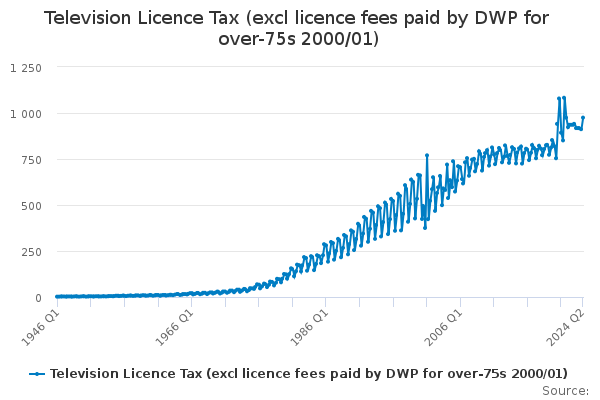
Why This Matters for Seniors?
For many seniors on fixed incomes, a TV licence might seem like a small bill — but it’s not. The annual £174.50 fee can really add up, especially if you’re juggling other costs like utilities, groceries, or prescriptions.
Let’s break down the impact:
- Paying £174.50 a year = £872.50 over 5 years.
- Missing out on a free or discounted licence could mean losing nearly £900 over that time.
Many people don’t realize they already qualify for Pension Credit, which could unlock free TV access. According to Age UK, over 850,000 eligible pensioners aren’t claiming it. That’s a big deal — not just for TV licences, but also for other perks like council tax reductions and energy discounts.
Who Really Qualifies for a Free Lifetime TV Licence?
Let’s go section by section, so it’s crystal clear.
1. Free TV Licence for People 75+ on Pension Credit
This is the most common route. You’re eligible if:
- You’re 75 years or older, and
- You (or your partner living at the same address) receive Pension Credit.
If you meet those conditions, you don’t pay anything. Your licence covers all the TVs and devices in your home — even if you watch on a tablet or laptop.
Tip: If you’re 74 and already on Pension Credit, apply early so your free licence starts automatically when you turn 75.
2. Discount for Care Homes and Sheltered Housing
If you live in a care home, assisted living, or sheltered accommodation, you might qualify for the Accommodation for Residential Care (ARC) licence. It costs just £7.50 per room — a huge drop from the full £174.50.
You’ll qualify if:
- You’re retired and aged 60+, or
- You’re disabled, and
- Your housing complex qualifies under TV Licensing’s ARC scheme.
Usually, your housing manager will help with the application.
3. 50% Discount for the Blind or Severely Sight-Impaired
If you’re registered blind or severely sight-impaired, you can get a 50% discount. The licence must be in your name, and you’ll need to send proof of your registration from your local council or doctor.
Even if your partner or someone else in the household isn’t blind, the discount still applies if the licence is in your name.
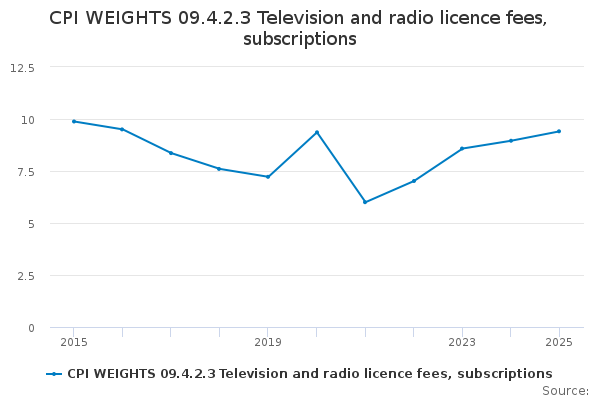
The Real Cost — and How It’s Changing
The TV licence fee is currently £174.50 per year, following an increase in April 2025. That’s about £14.50 per month.
Here’s how it’s changed:
- 2023: £159
- 2024: £169.50
- 2025: £174.50
Under the government’s current plan, it will continue to rise with inflation until 2027, when the funding model will likely change.
Many households still hold black-and-white TV licences — yes, really! — costing just £58.50 per year. According to TV Licensing, around 3,600 UK homes still have them.
Common Myths About the TV Licence
Let’s bust a few big ones that confuse people:
Myth 1: “If I don’t have a TV, I don’t need a licence.”
Not exactly. Even if you don’t own a TV, if you watch or record live TV on any device, or use BBC iPlayer, you still need a licence.
Myth 2: “The TV licence is optional.”
It’s a legal requirement in the UK if you use live TV or iPlayer. Fines can go up to £1,000 for non-compliance.
Myth 3: “Everyone over 60 gets it free.”
Nope — that’s outdated. Only over-75s on Pension Credit qualify for a full exemption.
Myth 4: “They’ll know if I cancel.”
They might. TV Licensing keeps a database (called LASSY) that tracks households that should have licences. Enforcement officers can send warning letters or visit in person.
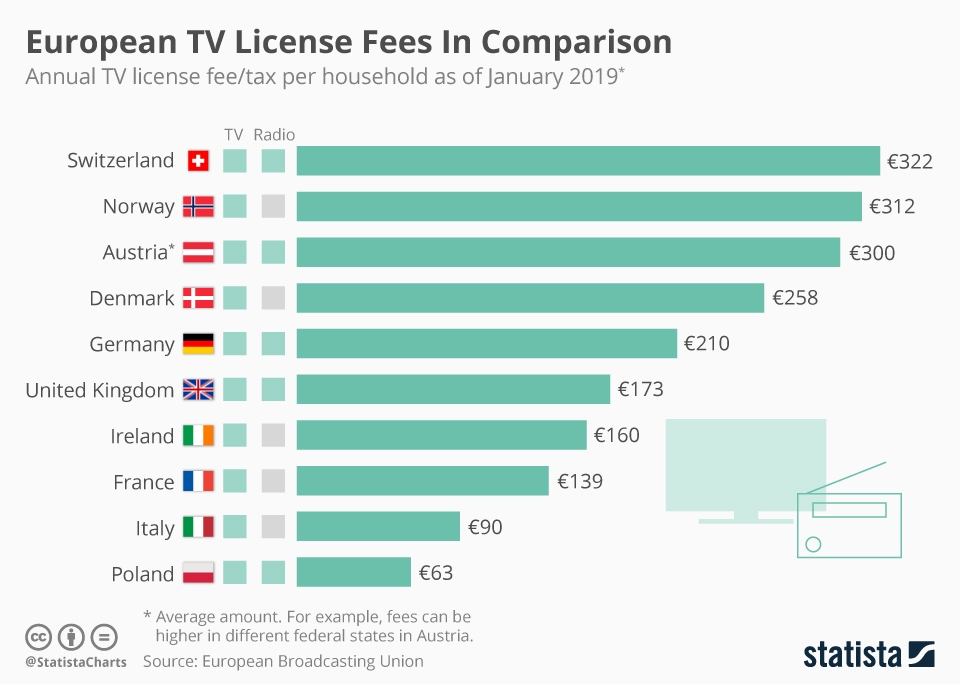
Step-by-Step: How to Check and Apply for Free Lifetime TV Licence
Step 1: Check Your Age and Benefit Status
Make sure you’re at least 75 and receiving Pension Credit. If you’re not sure whether you qualify for Pension Credit, check GOV.UK’s Pension Credit page — it takes just minutes to check online.
Step 2: Collect Your Information
You’ll need:
- National Insurance number
- Pension Credit award letter
- Proof of address
- Your current TV licence number (if you already have one)
Step 3: Apply for the Licence
You can apply online through tvlicensing.co.uk, or call 0300 790 6071.
If you’re applying for an ARC licence, ask your housing manager to help.
Step 4: Keep Records
Always save copies of letters, emails, or proof of eligibility. This protects you if there’s ever a billing mix-up.
Step 5: If You’ve Already Paid
If you qualified for a free or discounted licence but already paid, you can ask for a refund. TV Licensing accepts refund requests for overpayments if your status changed during the licence period.
The Hidden Problem: Underclaimed Benefits
A big reason many seniors miss out on free TV licences is that they don’t claim Pension Credit.
According to the Department for Work and Pensions (DWP), more than £2.1 billion in Pension Credit goes unclaimed each year. That’s not small change!
If you’re over State Pension age and on a modest income, you might qualify even if you own your home or have savings. Pension Credit can add up to around £3,500 a year to your income and unlock other benefits — including your free TV licence.
Potential Policy Changes on the Horizon
The TV licence system is under review. The UK government has said that the current licence model will remain until at least 2027, but they’re exploring options such as:
- Making the BBC a subscription-based service,
- Replacing the licence fee with a universal household charge, or
- Expanding eligibility for free licences to include all seniors over 60.
So far, there’s no confirmed plan to give everyone over 60 a free licence — but discussions are ongoing. Parliamentary documents show strong lobbying from advocacy groups like Age UK and Silver Voices, who argue that TV access is an essential service for older citizens.
Case Studies and Real Examples
Example 1: Margaret, 78, living alone
Margaret receives Pension Credit, so her TV licence is completely free. She applied online, uploaded her Pension Credit letter, and got confirmation within two weeks. She now saves £174.50 per year.
Example 2: David, 65, in sheltered housing
David retired early and lives in a council-run sheltered complex. His housing manager helped him apply for the ARC licence, which costs him only £7.50 per year.
Example 3: June, 74, not on Pension Credit
June doesn’t qualify for a free licence yet, but she’s preparing her application for when she turns 75. She’s also looking into whether she could qualify for Pension Credit — which would save her hundreds annually.
Common Pitfalls to Avoid
- Assuming it’s automatic: You must apply. Nothing happens unless you start the process.
- Ignoring eligibility checks: Many people assume they won’t qualify for Pension Credit, but it’s worth checking.
- Using BBC iPlayer without a licence: Even without a TV, you need a licence for iPlayer.
- Letting your licence expire: Always renew before the due date to avoid fines.
- Believing false ads: Some scam websites pretend to help you apply — always use official GOV.UK or TV Licensing links.
UK £200 Cost of Living Payment in 2025 – Check Payment Date, Eligibility, and Status Here
New DVLA Law Hits Over-62s from October 9: What Every Older UK Driver Must Know Now
Are You Missing £8,300? DWP Urges Pensioners to Check for Back Payments Now

